Laurent Obertone is your pseudonym. Why would someone in France have to hide their identity? In Hungarian schools we learn that France is the model for democracy, the home of liberal freedom and brotherhood, where there is no need to be afraid, everyone can express their thoughts and opinions.
This is how it looks, but the reality is entirely different. Many of us have learned that when dealing with sensitive and dangerous topics in this liberal world, it is best to be cautious. We have to keep in mind the protection of our families and personal lives. And I did just this. But the pseudonym doesn’t ensure total anonymity, all my appearances are in person.
Have you ever been threatened due to your books?
Yes, and in fact, many times. I was especially threatened when I wrote my book on the public safety conditions in France. In this, I revealed immigration’s contribution to the development of our catastrophic situation. I substantiated my claims and supported it with sources. I then became the target of hysterical attacks without evidence in the mainstream liberal media. This habit has now become tradition.
They try to mute anyone they don’t like, and they simply ignore the facts that they can’t counter.
In the first volume of Guerilla, a police officer shoots a drug criminal; the video makes its rounds on the internet and riots, lynchings, murders occur within hours, days—French society collapses. Is this just eternal fiction or do you think the day may come when your stories will become reality? Would one shooting be enough? Is French society really in such a state of crisis?
It’s not widely known because the media keeps it quiet, but you must know that almost every week there’s an incident which brings us to the brink of the kind of consequences I write about. The day will come when a police officer is compelled to use their weapon for self-defense. It’s highly likely that law and order will slip out of our hands.
There are riots in the French suburbs every night, but the media doesn’t cover this. It’s the kind of suburban action that has not yet been coordinated.
If a police incident were picked up by the media, it would blow this powder keg in a minute.
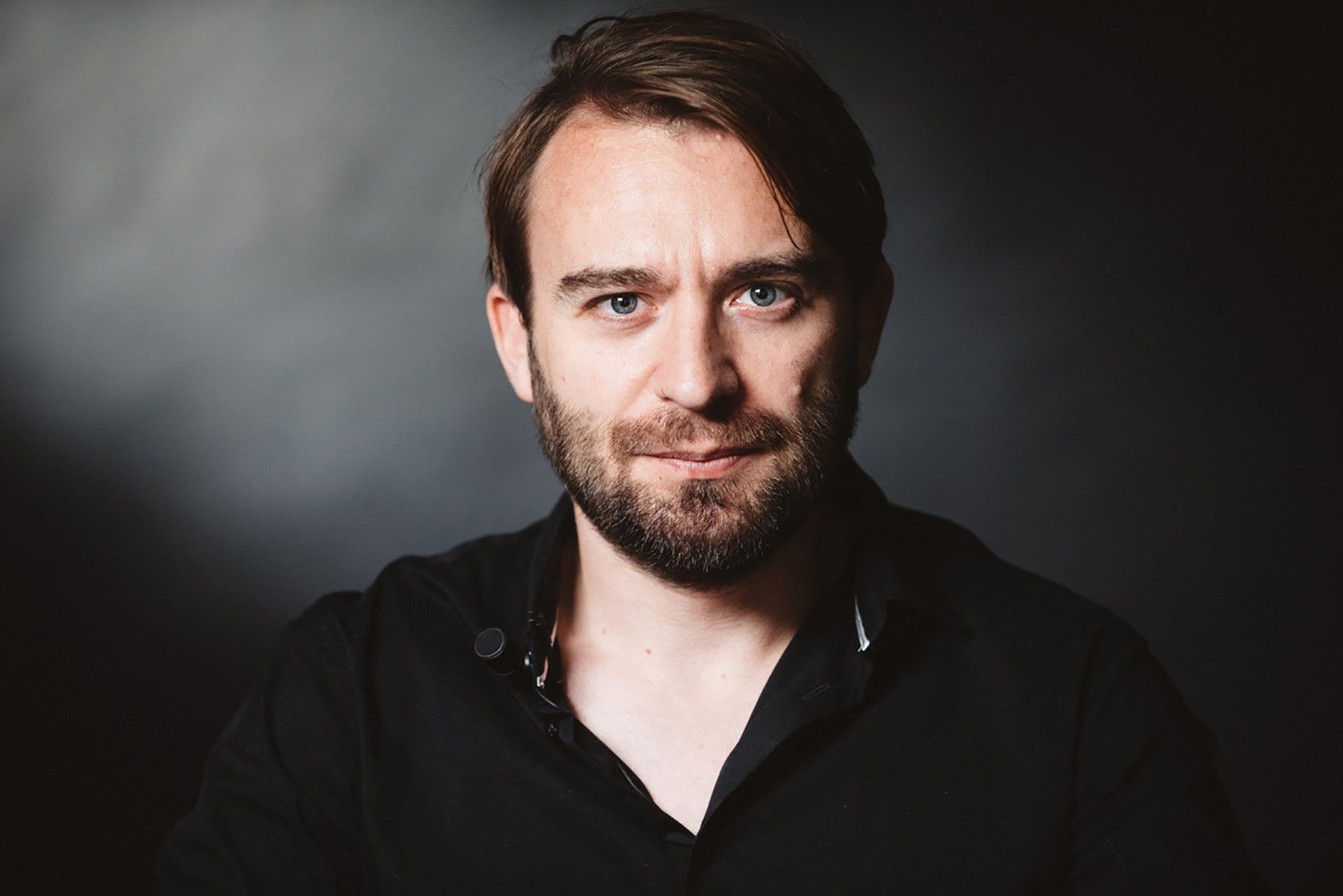
Until now, you’ve written reports and essays—and now you’ve produced Guerilla, a novel. What inspired you to start writing this book? Was it everyday French life, were you trying to paint the direction and possible consequences of current politics and society? Are you a prophet or just curious?



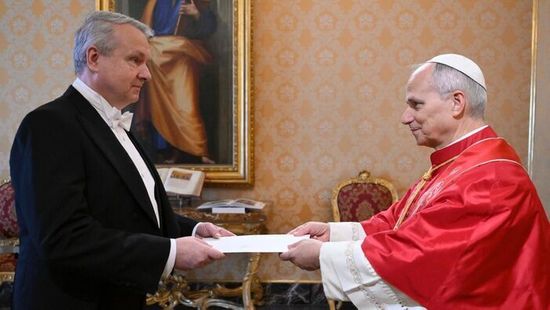
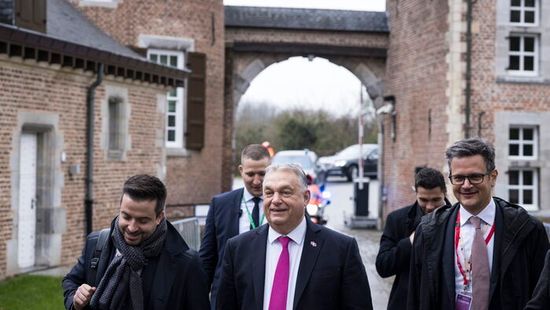
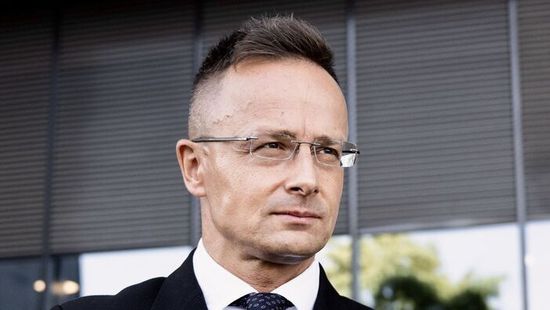
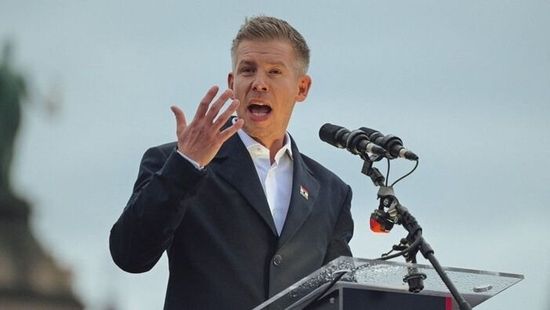



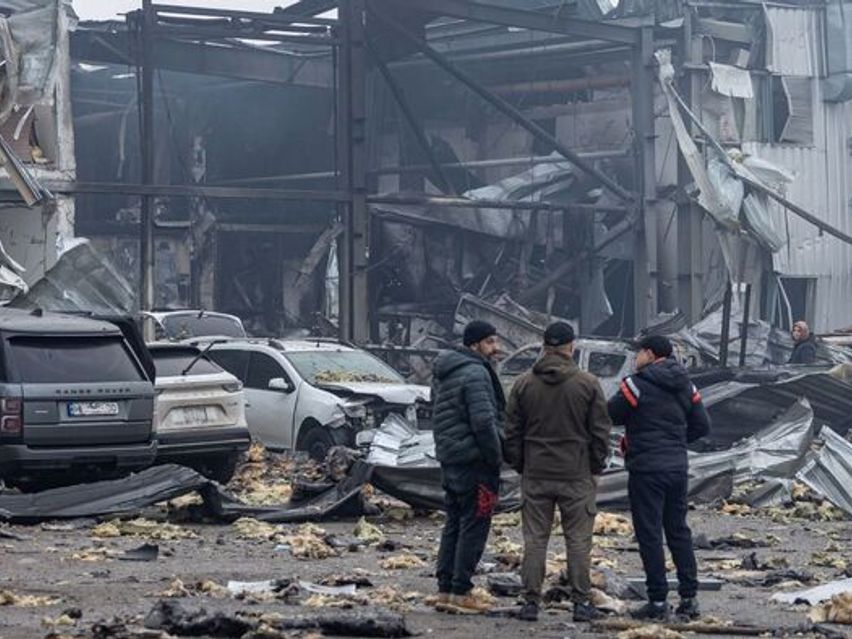


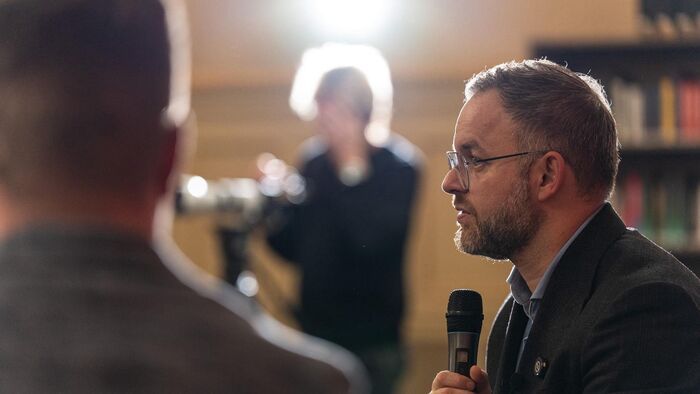
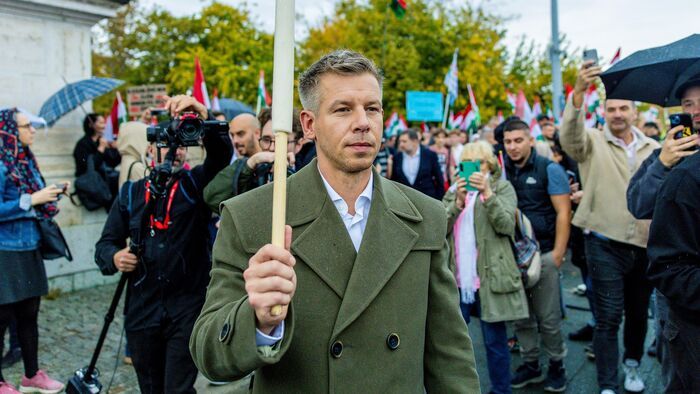
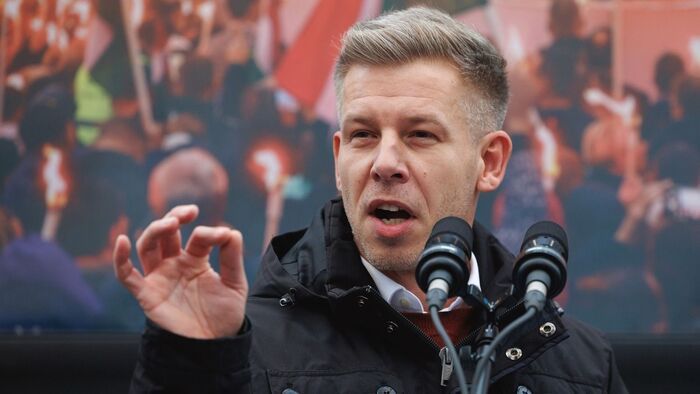
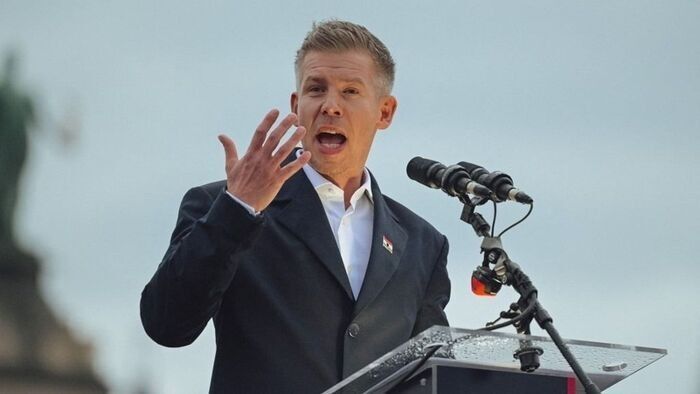
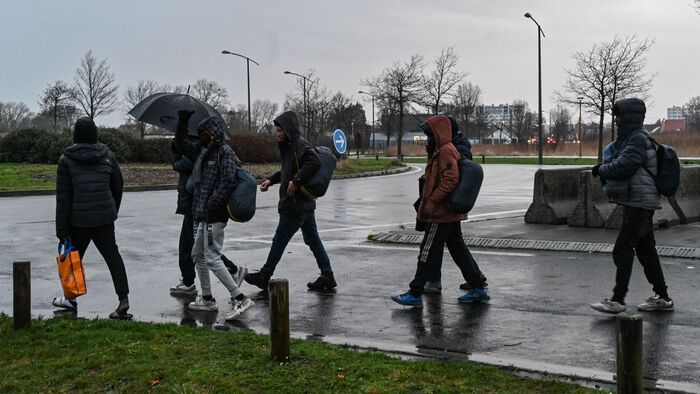
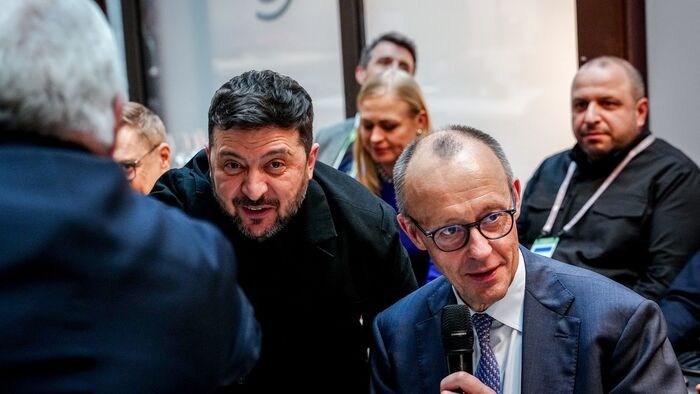
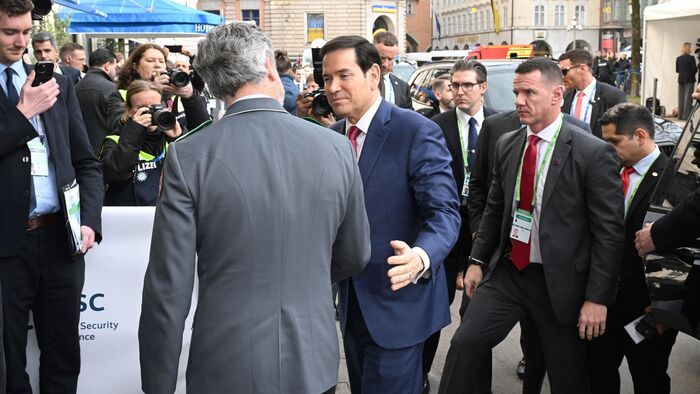

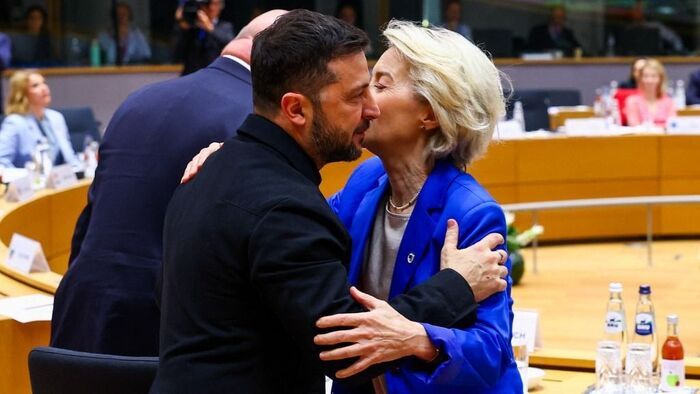

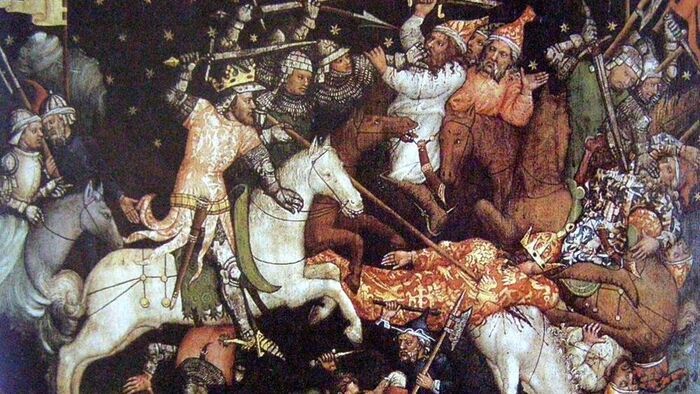

Szóljon hozzá!
Jelenleg csak a hozzászólások egy kis részét látja. Hozzászóláshoz és a további kommentek megtekintéséhez lépjen be, vagy regisztráljon!